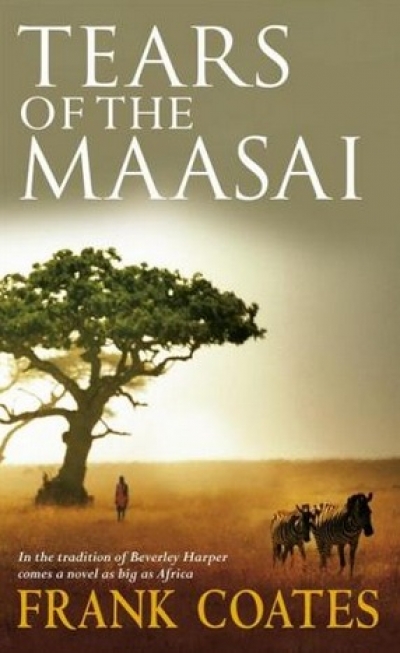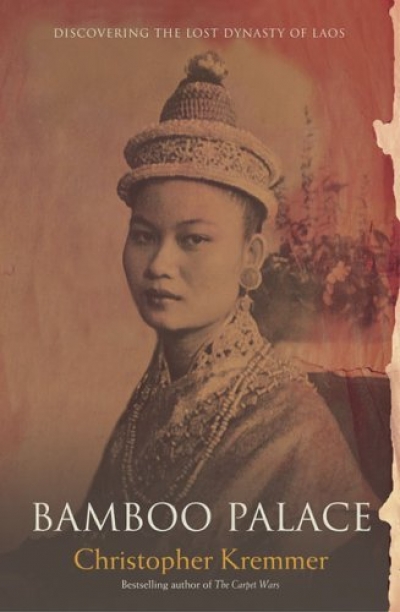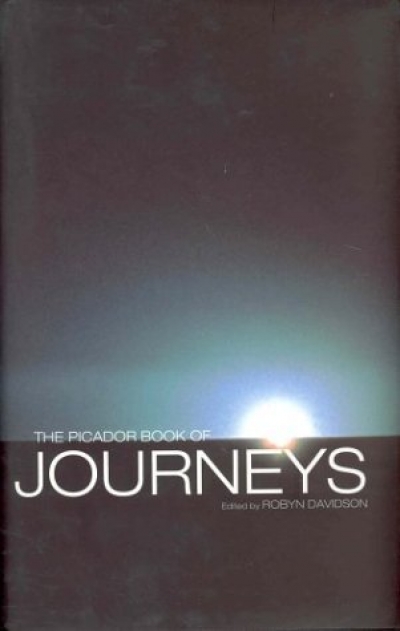Nicola Walker
Mia Couto’s most recent novel (translated into English in 2004) begins with a ‘large organ on the loose’: a severed penis, like a ‘fleshy hyphen’, is discovered lying on a road in the Mozambican village of Tizangara. It seems that another UN soldier has exploded, for in a nearby tree is a telltale blue helmet. A delegation of Mozambican and UN officials descends on Tizangara, and an Italian, Massimo Risi, is left behind to find out why six UN soldiers have been “eclipsed” and who is responsible. The Last Flight of the Flamingo (first published in Portuguese as O ultimo voo do flamingo in 2000) is Couto’s most successful attempt yet to incorporate the animistic traditions of Mozambican culture into a European fictional framework. It is funny, mercilessly satirical and unmistakably African.
... (read more)To celebrate the best books of 2004 Australian Book Review invited contributors to nominate their favourite titles. Contributors included Dennis Altman, Brenda Niall, Kerryn Goldsworthy, Morag Fraser and Chris Wallace-Crabbe.
... (read more)




